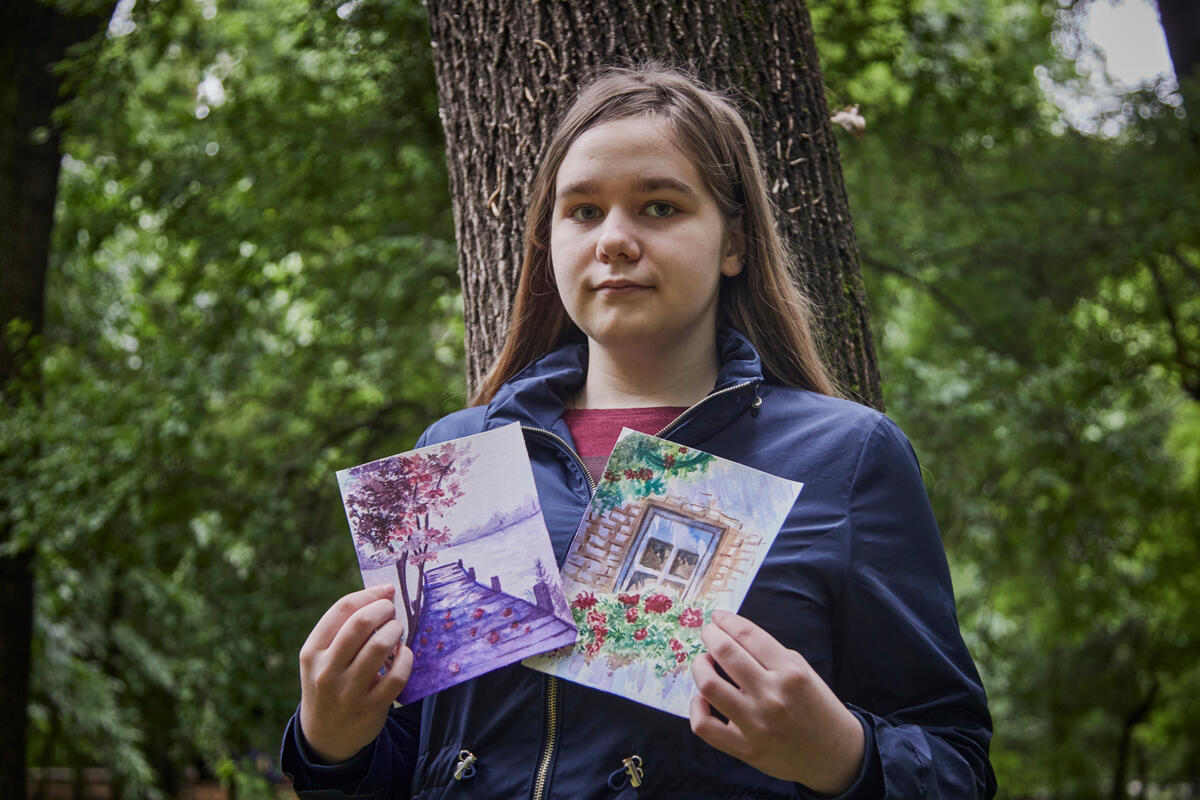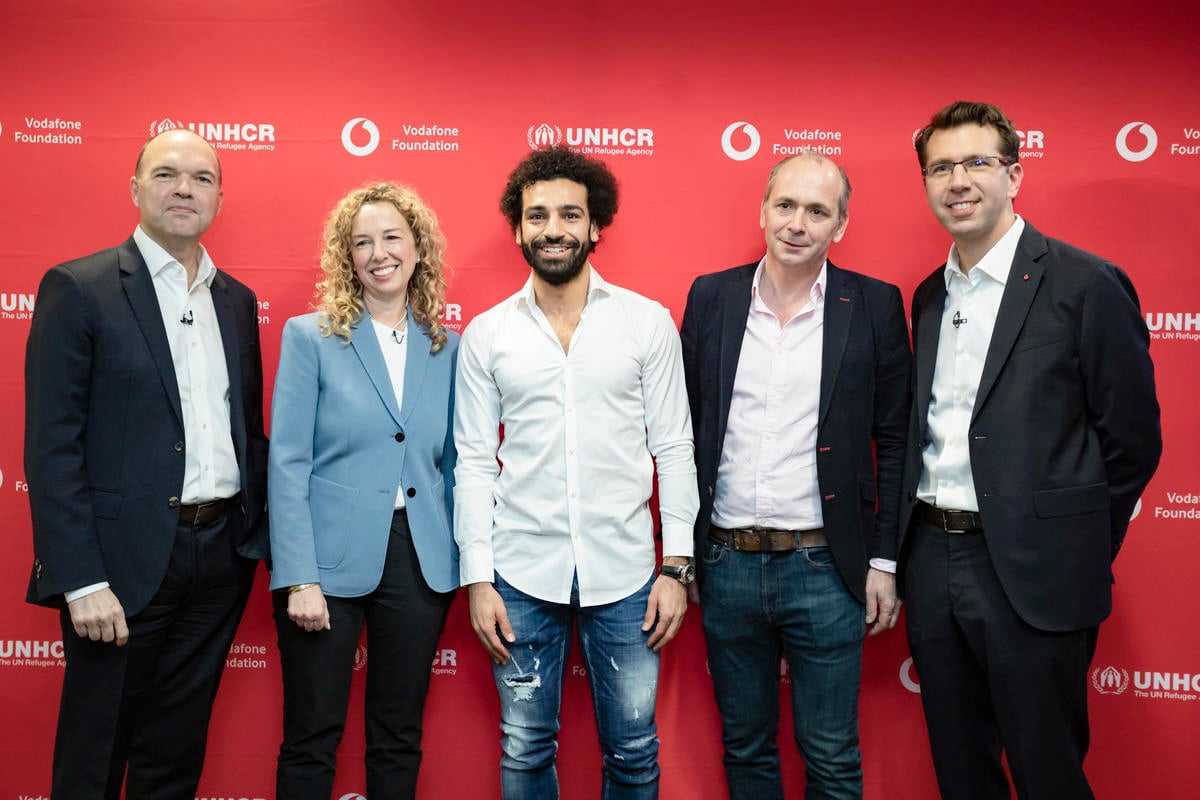UNHCR computer centres offer education, jobs and a future in Georgia
UNHCR computer centres offer education, jobs and a future in Georgia

TBILISI, Georgia, October 1 (UNHCR) - UNHCR-funded computer centres in Georgia are helping thousands of refugees and internally displaced people to improve their knowledge, gain valuable qualifications and find jobs.
Credit is due to the Community Technology Access (CTA) programme, which was launched by UNHCR and its corporate partners, Microsoft and PricewaterhouseCoopers, in 2009 in Bangladesh and Rwanda.
The project came to Georgia last January, when a first UNHCR-funded computer centre was opened at the Karaleti settlement for displaced Georgians in the Shida Kartli area, which borders the breakaway region of South Osettia. Eight more centres have been opened in Shida Kartli as well as two in north-east Georgia's Pankisi Gorge to serve hundreds of Chechen refugees.
The benefits have been quick in coming. Mari Tatishvili, who fled her home in South Ossetia in 2008, took part in the first CTA course, "I was an economist-stroke-accountant, but I was not IT [information technology] literate, and couldn't find a job," she noted. "Thanks to CTA, I can now use a computer and my self-confidence has increased. Now I have a job as a cashier [in the Georgian capital of Tbilisi] and I am really happy."
Others have found the CTA computers to be invaluable education tools. "Having access to the Internet means I can stay up-to-date with new information and pass it on to my students," said primary teacher Sophio Melquoshvili, who also fled from South Ossetia in 2008 and now teaches in a primary school in the town of Rekha, Shida Kartli.
Chechen refugees living in the Pankisi Gorge are also happy with the two UNHCR-funded CTA centres opened earlier this year in the towns of Duisi and Omalo. Run by the Kakheti Regional Development Foundation, the computer centres serve the 800 refugees who live in the Pankisi Gorge and are rebuilding their lives with support from UNHCR and its partners.
Refugee Visuri Margoshvili has used the CTA centre to brush up on the computer skills he learned at university. "The CTA programme helped refresh my knowledge and I also learnt some new things. Now I can even teach others," the secondary school teacher said in Duisi.
The CTA programmes in both the Shida Kartli region, where some 4,200 internally displaced people live, and the Pankisi Gorge has also been warmly welcomed by the local administrative and educational authorities.
Shida Kartli Deputy Governor Giorgi Avaliani thanked UNHCR for its key role in creating the centres and helping the IDPs in his region. "I am sure that new technologies, and access to those technologies, will change their daily lives," he said.
But needy members of the local communities are also happy because they are able to use the computers, a valuable right at a time of economic hardship and high unemployment.
Teacher Iulia Iashova is one local who has benefitted from the programme. She took information technology (IT) courses at the Community Technology Access centre in Shida Kartli's Kaspi district. It proved invaluable, as she explained: "Teachers must give 18 lessons a week to get a full salary, but I didn't know enough subjects. Now I am eligible to teach IT to children and can complete my 18 lessons a week."
Meanwhile, UNHCR earlier this month expanded the CTA programme to neighbouring Azerbaijan, opening a new computer centre in the northern city of Gabala. The centre will be run by the Regional NGOs Resource and Training Centre in Gabala and is expected to train 50 young people a month to become computer literate and thus boost their employment chances. The centre hosts 15 fully equipped workstations available for internally displaced people in the region and their host community.
By Liene Veide in Tbilisi, Georgia









